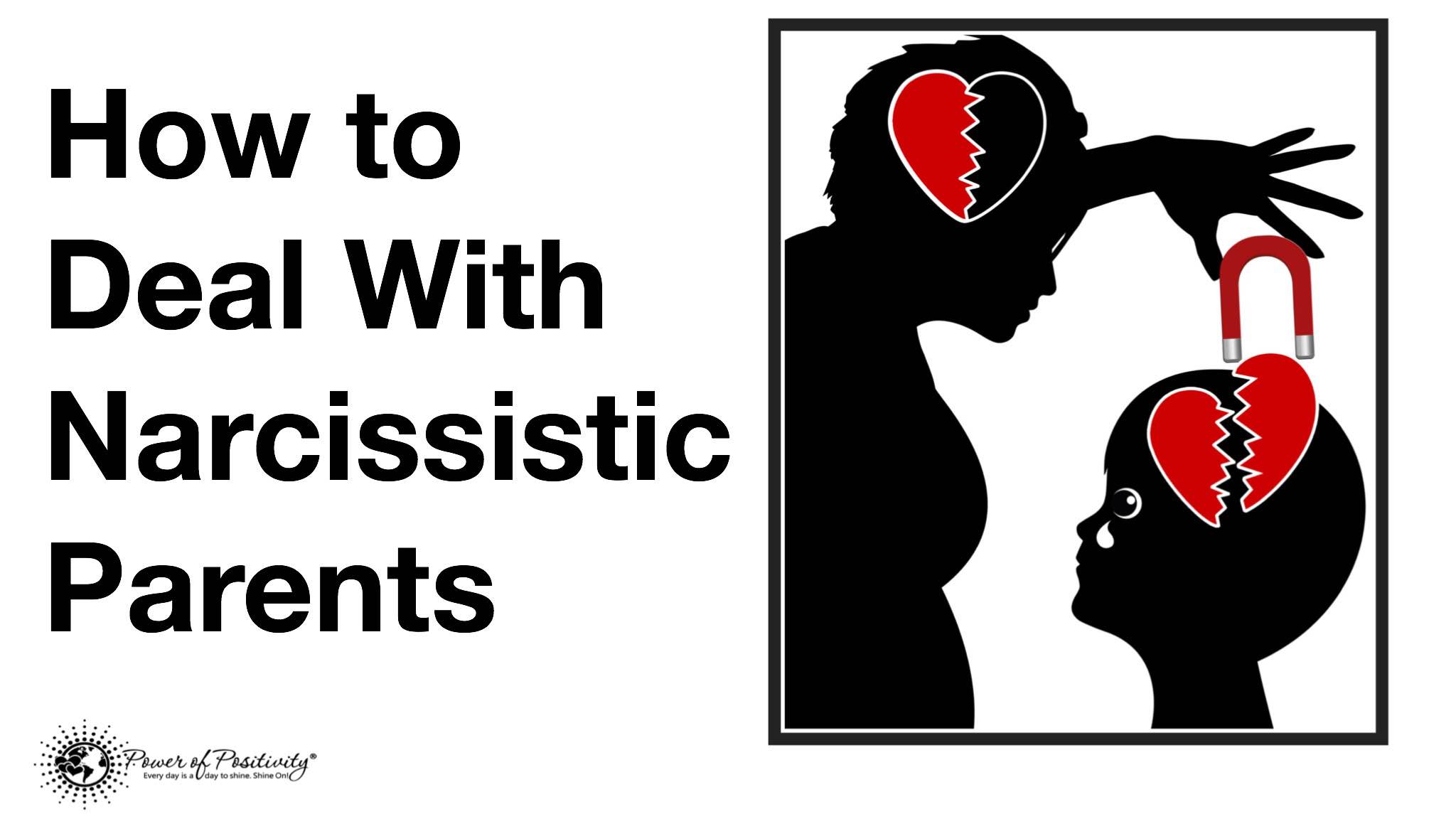Opinions differ on the topic of narcissism. Is it a personality trait? Or is it a flaw? Do we inherit it? Indeed, the still-enigmatic nature of narcissism evokes many of these questions and more. In fact, narcissistic behavior is a mix of all the aforementioned.
But one thing that almost everyone can agree on is that loving a narcissist – heck, even being associated with one – is a tough thing. If you were to ask a person what either of these experiences are like, they’d likely not have too many good things to say.
Now, imagine being the child of a narcissist. How about the worst-case scenario? Being a child of two narcissistic parents? It goes without saying that this would be a tricky thing to endure. Almost assuredly, the child will receive emotional and psychological abuse, potentially resulting in psychological scars they will endure for the rest of their lives.
The Scars Resulting from Narcissistic Parents
Dr. Seth Meyers – a nationally-recognized clinical psychologist – elaborates on the somber reality in being a child of narcissistic parents:
“The reality of narcissistic parenting couldn’t be sadder: The child of the narcissist realizes early on that he exists to provide a reflection for the parent and to serve the parent – not the other way around.”
Dr. Meyers further elaborates:
“The problem with being a child of a narcissist is that it takes these children so many years of frustration and anguish to figure out that Mom or Dad isn’t quite right; until that point, these children are merely dancing as fast as they can, trying to please the impossible-to-please narcissist parent.”
Finally:
“It takes years to finally see that the type of parenting they’ve been receiving is wrong – if not emotionally abusive.”
In other words, children of narcissistic parents really have no childhood to speak of. They’re there to make the parent look good, and are predestined to servitude until independently able. The children experience years of psychological “anguish” before (hopefully) reaching the painstaking conclusion that something is very wrong. Of course, one can only hope the child can have some semblance of peace after such an ordeal.
How to Deal With Narcissistic Parents
People who endure the hardships of narcissistic parents often require some assistance. They might also need therapy to heal. That is those victims that actually realize it. Tragically, some of these individuals never fully comprehend the inherent damage from the abuse.
For those that did “recover” – or at least feel better – how did they manage to do so? As is the case with most (all?) types of psychological trauma, there is no one framework for recovery. This is especially true when the suffering originates from parental figures. This said, some guidance does exist that may help a person deal with the situation.
One particular type of therapy that has gained widespread approval from professionals is called Dialectical Behavior Therapy, or DBT for short. The basis of DBT is formed from Buddhist meditation practices and techniques. Professionals quickly point out that DBT – as is the case with nearly all therapies based on Buddhism – is secular and non-religious. Further, one must not be well-versed in meditation to benefit from DBT.
Three specific practices form the basis of DBT: acceptance, dialectical, and mindfulness. We’ll touch on each one.
Acceptance
Applied in the context of DBT, acceptance is the realization that one cannot change past events. DBT states that humans prolong unnecessary pain and suffering by reliving the past.
Acceptance does not mean approving, forgiving, or overlooking the situation. Instead, acceptance teaches that if the past will not change, the future can– and for the better. With this in mind, the victim can move forward and enjoy a happy and prosperous life.
Dialectical
One definition of dialectical is “concerned with or acting through opposing forces.” DBT instills the belief that victims can improve while acknowledging and discussing the trauma experienced, in this case, emotional and psychological abuse.
The primary purpose behind this technique is to teach an individual to cope. More specifically, to cope safely and productively.
Mindfulness
The practice of mindfulness is perhaps the most ubiquitous in all of Buddhism and in all practices derived from Buddhist tenets. The University of California at Berkeley provides an excellent and comprehensive explanation of mindfulness:
Mindfulness means maintaining a moment-by-moment awareness of our thoughts, feelings, bodily sensations, and surrounding environment…we pay attention to our thoughts and feelings without judging them – without believing, for instance, that there’s a “right” or “wrong” way to think of feel in a given moment.
Perhaps most importantly:
When we practice mindfulness, our thoughts tune into what we sense in the present moment rather than rehashing the past or imagining the future.
As Dr. Meyers so eloquently states, being a child of narcissists is a tragic situation that often has life-changing consequences. The genuine trauma formed from years of parental abuse most often requires recognition and subsequent treatment.
To this end, results from DBT practitioners – including victims of narcissistic parental figures – look promising.
Final Thoughts on Growing Up With Narcissistic Parents
People who grew up with narcissistic parents often need support and understanding. In addition, they might require therapeutic interventions to heal the past pain. Dialectical Behavior Therapy (DBT), rooted in Buddhist meditation practices, presents a secular and accessible avenue for healing. The method is also good for those unfamiliar with meditation. By emphasizing acceptance, dialectical approaches, and mindfulness, DBT empowers individuals to confront their past, accept its very nature, and learn to cope productively. Whether one is striving to move beyond the traumas of the past or simply to understand their emotions without judgment, these techniques offer a transformative path toward a healthier and more fulfilled future.



















